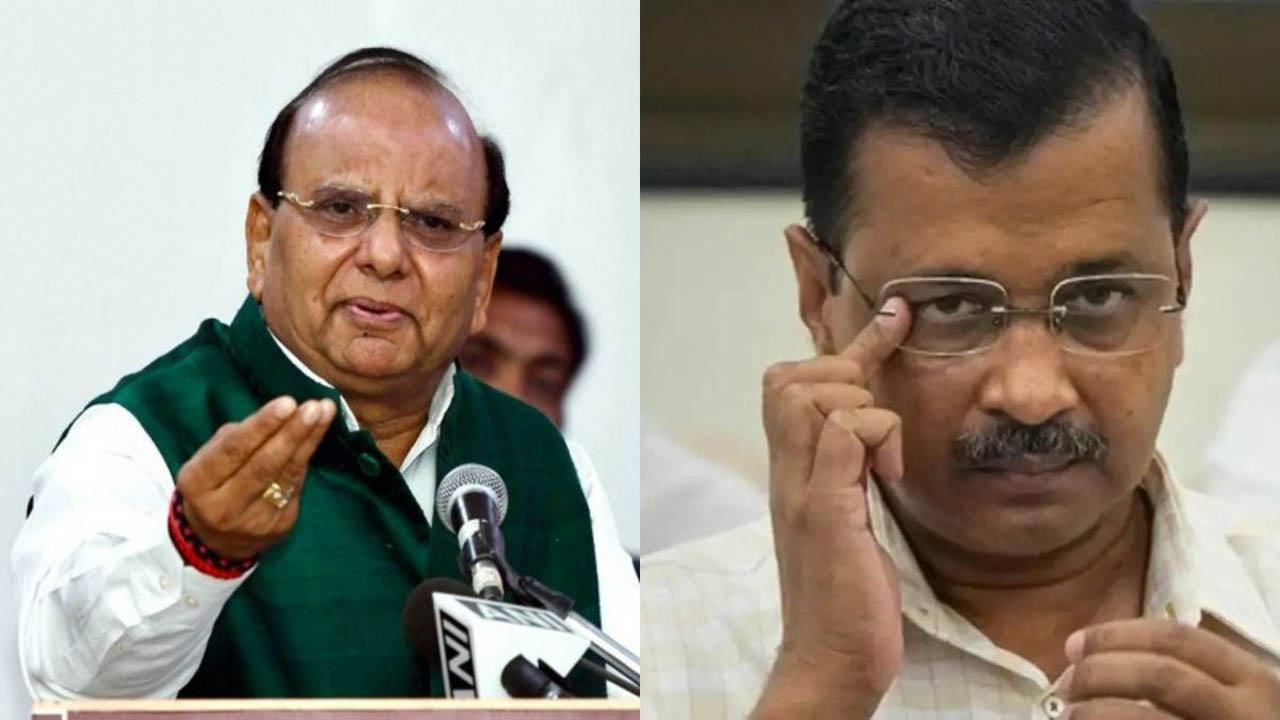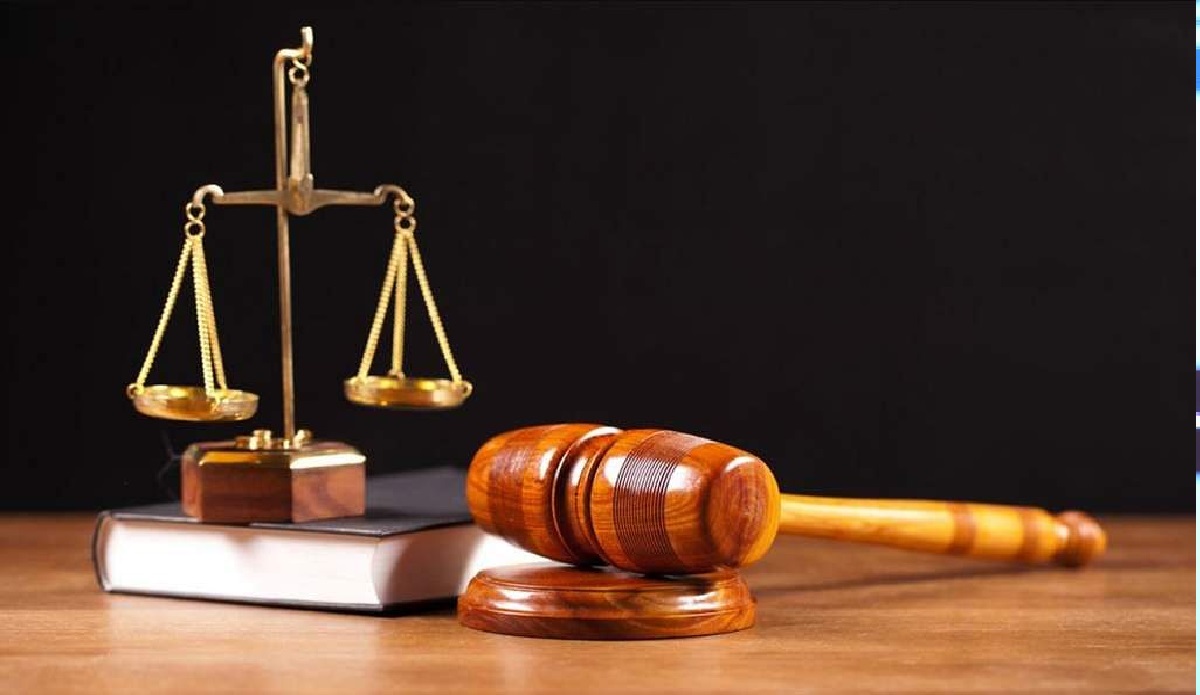
The LG received a complaint alleging that the AAP had received significant funds totalling USD 16 million from extremist Khalistani organisations.
· These funds were allegedly linked to efforts to secure the release of Devendra Pal Bhullar and promote Pro-Khalistani sentiments.
· It has also been alleged that a clandestine meeting scurred in 2014 between Kejriwal and pro-Khalistani Sikhs at Gurudwara Richmond Hills, New York.
· At the heart of the controversy lies a video featuring Gurpatwant Singh Pannun, the founder of the banned organization Sikhs for Justice.
· The Lieutenant Governor, cognizant of the magnitude of the allegations and their potential ramifications, made a resounding call for a comprehensive investigation.
· The call for an NIA probe comes at a tumultuous time for Arvind Kejriwal, who was recently arrested by the ED on charges related to a money laundering probe concerning alleged irregularities in the Delhi excise policy.
· As the allegations of illicit funding and associations with extremist groups continue to reverberate, the proposed NIA investigation assumes critical significance.
Delhi’s Lieutenant Governor VK Saxena found himself at the centre of a storm on Monday as he received a complaint alleging grave misconduct by Delhi Chief Minister Arvind Kejriwal and his Aam Aadmi Party (AAP). The complaint, originating from Ashoo Mongia, National General Secretary of the World Hindu Federation India, raised alarming concerns about political funding totalling a staggering USD 16 million allegedly received by AAP from extremist Khalistani organizations.
At the heart of the controversy lies a video featuring Gurpatwant Singh Pannun, the founder of the banned organization Sikhs for Justice. In this purported video, Pannun unabashedly accuses AAP, under the leadership of Arvind Kejriwal, of being the recipient of substantial funding from Khalistani groups between 2014 and 2022. The allegations extend further, suggesting a clandestine meeting between Kejriwal and pro-Khalistani Sikhs at Gurudwara Richmond Hills, New York, in 2014. Allegedly, during this meeting, Kejriwal pledged to secure the release of Devender Pal Bhullar in exchange for significant financial backing from Khalistani factions.
Saxena, in response to the gravity of the allegations, swiftly initiated formal proceedings. He forwarded the complaint, along with a plethora of evidence, including the incriminating video, to the Union Home Secretary for immediate attention. Additionally, the complaint referenced tweets by Dr. Munish Kumar Raizada, a former AAP worker, who not only shared pictures of Kejriwal’s alleged meeting with Sikh leaders but also highlighted a letter from Kejriwal to former President Pranab Mukherjee seeking clemency for Bhullar.
The Lieutenant Governor, cognizant of the magnitude of the allegations and their potential ramifications, made a resounding call for a comprehensive investigation. He stressed the necessity for forensic examination of electronic evidence, given the involvement of a sitting Chief Minister and the sensitive nature of the allegations regarding political funding from a banned terrorist organization. Saxena, in a move signalling his commitment to transparency and justice, urged the Ministry of Home Affairs to consider referring the matter to the National Investigation Agency (NIA) for a thorough and impartial investigation.
The call for an NIA probe comes at a tumultuous time for Arvind Kejriwal, who was recently arrested by the Enforcement Directorate (ED) on charges related to a money laundering probe concerning alleged irregularities in the Delhi excise policy for 2021-22. These legal entanglements have cast a shadow over Kejriwal’s administration and underscore the need for thorough scrutiny of his conduct and the integrity of Delhi’s governance.
As the allegations of illicit funding and associations with extremist groups continue to reverberate, the proposed NIA investigation assumes critical significance. Its outcomes could potentially reshape the political landscape of Delhi and have far-reaching implications for Kejriwal’s political future. The specter of these allegations looms large, challenging the very foundations of trust and accountability in India’s democratic framework.
(With inputs from agencies)







